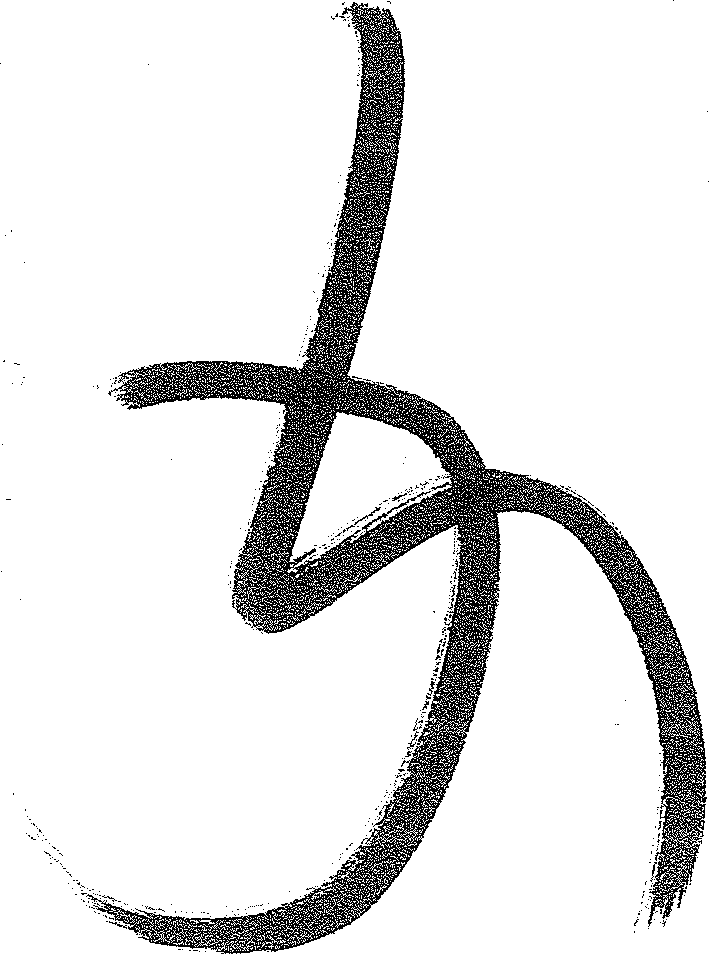Of course there have been others. But to three teachers, as unlike to each other as they are, I feel particularly attached, and I am thankful for what they gave, what they passed on - to me and to others.
Martin Gosebruch, with whom I studied art history in the early 1980s, was at the time already an usual old man. Tender, white haired, he had a translucent, unearthly quality. Cautiously you'd shake his hand, to then notice his singular strength. His fine understanding of art, his insistence on sensual, direct insight, his love for the exceptional quality of artistic forming, and his peculiar mix of educated conservatism and unconventional poise - these are lasting impressions. Especially the medieval art came to life as an immensely differentiated and rapidly evolving cosmos. I had not imagined this previously; since then I've learned that this kind of world existed and exists everywhere.
Klaus Briegleb, shaped by and shaping the political emancipation movement of the 60s and 70s, embodied a radically in his whole being that was attactive and approachable, triggering productive doubt. A dedication to texts, a scrupulous questioning of texts in diverse dimensions and confrontations coalesced with the liberation of academic learning, which was being rolled back at the time. A move backwards to conventions, in sad, sometime bitter acceptance of a reality that had not come to pass as it should have. Moral and political indifference were as unbearable to him as the carrierism that killed texts by (not) speaking about them. The circle of students assembled around him could, for one last time, encounter seminars that needed no professor. Friendships remained from this shared experience, even when ways parted.
To Younghi Pagh-Paan I owe everything I became as a composer, and much more. The fortune of meeting her as teacher did not just reveal itself in composition studies, but more so after studying when the intensive relationship continued and continued in every new facets. Here, too, a circle of students grew. Amongst them are my closest friends, in music and in person. And we all still seem to be circling around Younghi after all these years - in a free but inevitable orbit. More than the unconditionality, tenderness, and sensuality of her music, it is the morality of her composing. It is not just the morality of her composing, it is her dedication to teaching. Beyond her dedication to teaching, it is her inability to settle. No, CDs have to be published, concerts have to be put on, couldn't you do this, aren't you also that. This unrest that seeds cohesion, that sometimes takes near forgotten things seriously, and that lives in a vast space of intellectual and spiritual references, from buddhist sutras to the Gospels, from Laozi to Zhuangzi to Sophocles and Homer, from Edith Stein, Simone Weil and Rose Ausländer to Kwang-Kyun Kim and Yang-Eop Choe. Another realization of participation and passing on. (The texts I have written on several occasions about Younghi Pagh-Paan are gathered here.)
